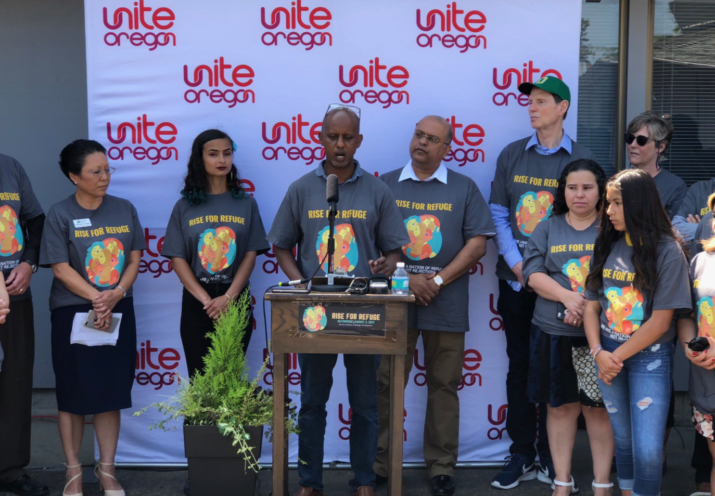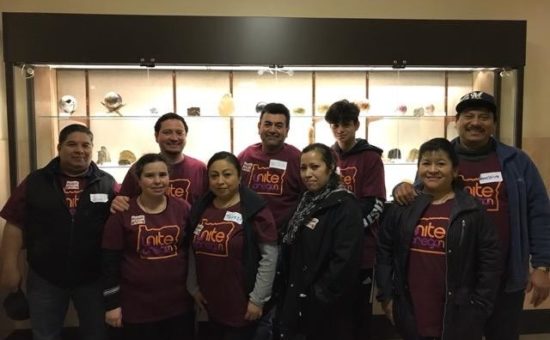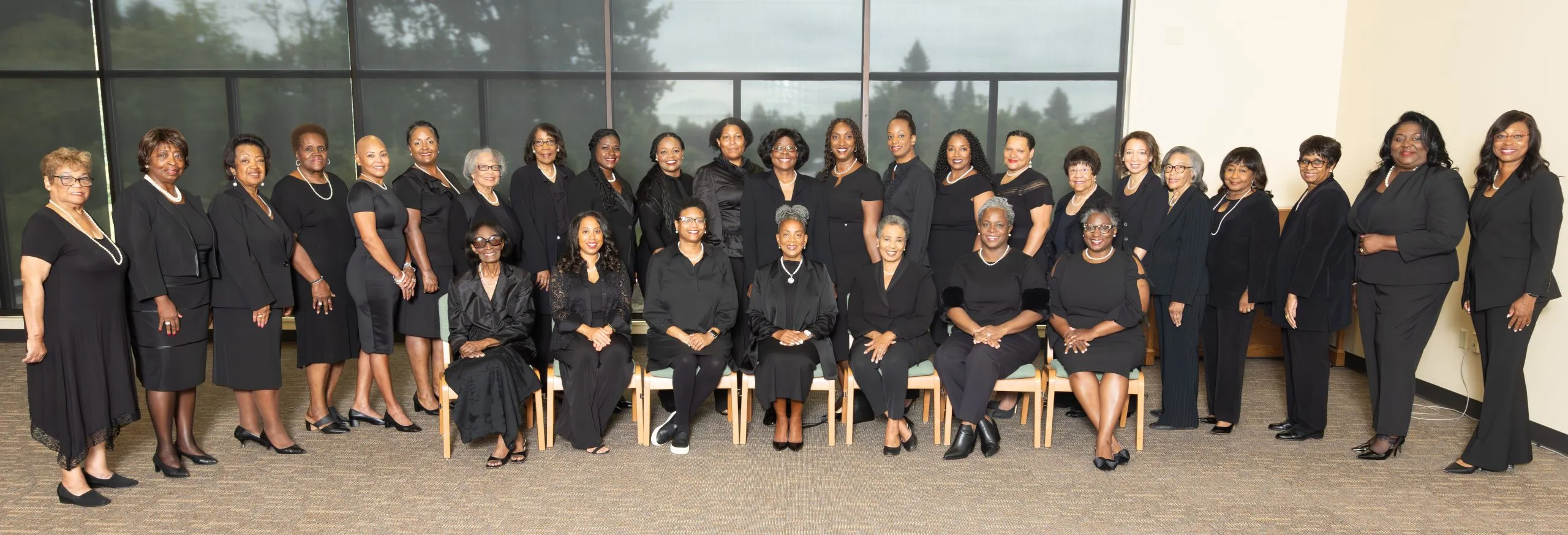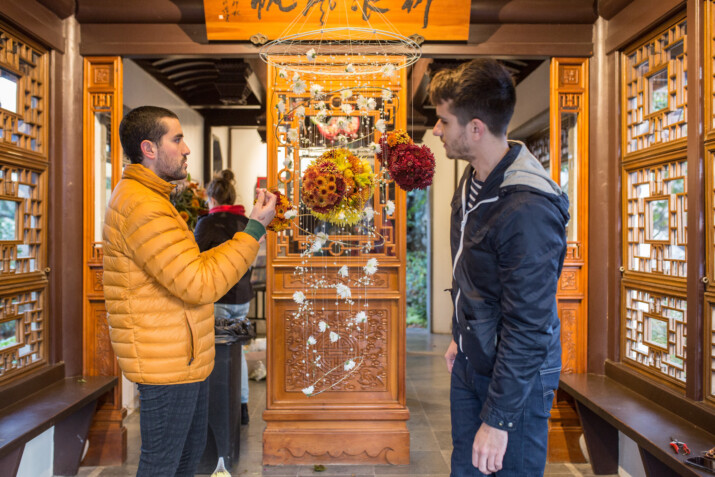Portland, OR. Although Unite Oregon’s office has been closed since March, the nonprofit continues to strive for intercultural justice through direct aid and policy advocacy. It did so last summer with a program called Rise for Refuge seen above. The organization’s mission is to serve the community by building a unified movement of people of color, immigrants, refugees and working-class people of all backgrounds.
Communications and policy associate Andrew Riley explains that recent events prompted a critical look at police activity. “I wouldn’t say yet that we are an abolitionist organization but we are having these conversations about what is the ultimate solution to this challenge … there can sometimes be friction with folks who have been doing abolition work for a long time, but finding ways to work together and finding folks with all these different orientations and all these different tactics working together has been really encouraging.” Riley continued, “I think that that has been a big change from previous uprisings and previous protest movements.”
Differences with regard to the best strategies for organizing have also divided activists in the past, but Riley said recent protests have shown more unity.
“I think one of the things that’s really good to see is that there’s a better appreciation of a diversity of tactics, in organizing, in the sense that there’s a lot more people pushing back against the idea that there’s a good way to protest and a bad way to protest,” they said. “I’ve seen a lot of folks working really hard to deconstruct that, because that’s a dichotomy that’s gonna just ultimately serve people in power.”
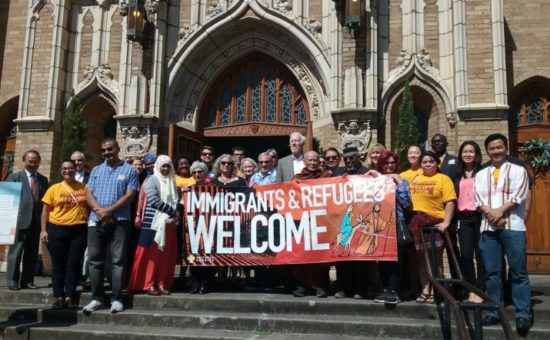
The nonprofit works to create safe and equitable communities for immigrants and refugees.
The workload at Unite Oregon has increased over the past couple of months, with efforts going both to anti-racist advocacy and the needs of community members during this economic crisis. Riley hopes to sustain this level of work over the coming months.
While Unite Oregon used to rely on community meetings to discuss the current challenges people were facing and how those needs could best be met. However, large gatherings are not feasible in light of public health concerns; furthermore, many members of the communities UO serves don’t have regular access to high-speed internet or technology, so switching meetings to Zoom is not an option. The organization has opted instead to check in with people through individual calls.
Unite Oregon has been distributing aid to community members since the pandemic hit, especially focusing on a donation-based relief fund for those who are not eligible for state programs like unemployment or stimulus checks. These funds go to grocery store gift cards, rent payments, and more. One current initiative is to provide translated and linguistically accessible public health informational materials to immigrant and refugee communities.
“We’ve been really fortunate to get a lot of support for the fund from the Portland community,” Riley said. “We’ve had a call to donate and a lot of folks have given to that so it’s really enabled us to meet some communities’ needs.
From Unite Oregon:
You can help the work at https://www.uniteoregon.org/covid19_support_fund
Led by people of color, immigrants and refugees, rural communities, and people experiencing poverty, we work across Oregon to build a unified intercultural movement for justice.


